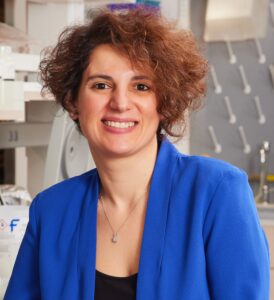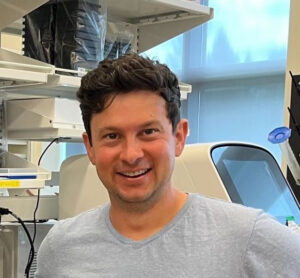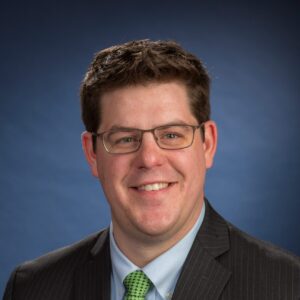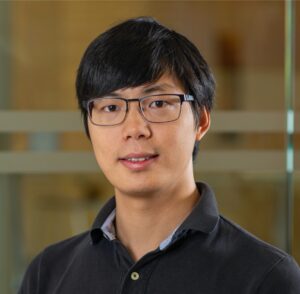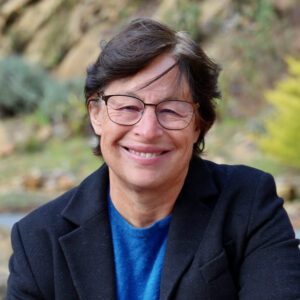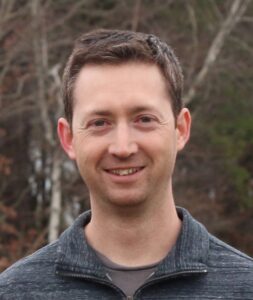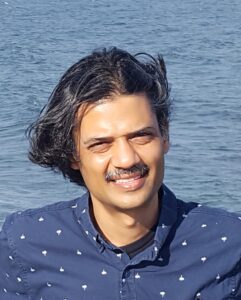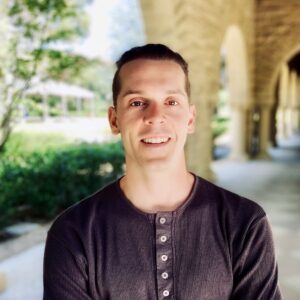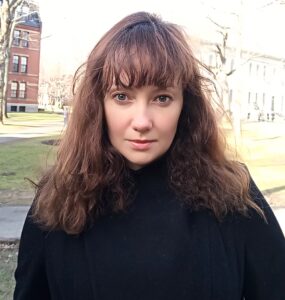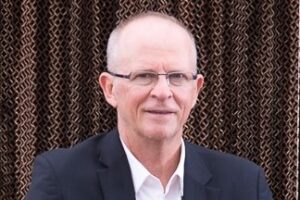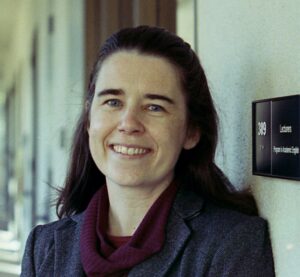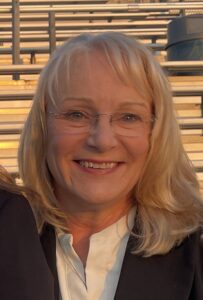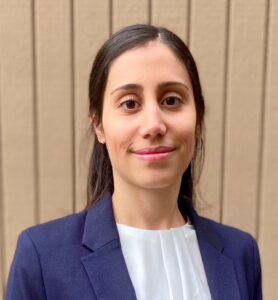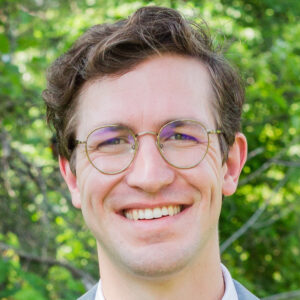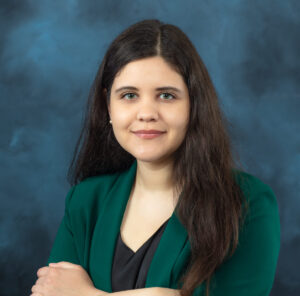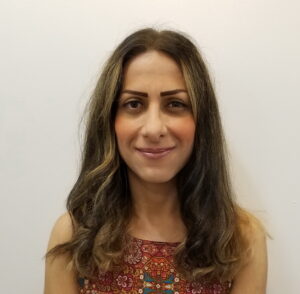Individual Members
-
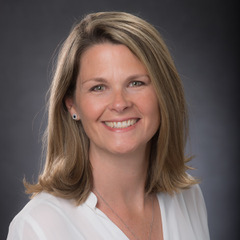
Carolyn Chapman
Carolyn Riley Chapman, PhD MS, joined the Multi-Regional Clinical Trials Center of Brigham and Women’s Hospital and Harvard (MRCT Center) in October 2023 (mrctcenter.org). She is a Member of the Faculty of the Department of Medicine at Harvard Medical School and Lead Investigator in the Division of Global Health Equity (DGHE), Department of Medicine, Brigham and Women’s Hospital. Her work involves collaboration with diverse stakeholders to identify and address challenges in the research and development of genetic technologies and precision medicine, including cell and gene therapies. Since April 2023, Dr. Chapman serves as Co-Chair of the ELSI-Dedicated Genome Engineering Workgroup at the Center for Synthetic Regulatory Genomics (SyRGe), led by Dr. Jef Boeke, the Sol and Judith Bergstein Director of the Institute of Systems Genetics and Professor, Department of Biochemistry and Molecular Pharmacology, at NYU Grossman School of Medicine. Prior to joining the MRCT Center, Carolyn worked at NYU Grossman School of Medicine in various roles. Immediately before joining the MRCT Center, she was Faculty in the Center for Human Genetics and Genomics at NYU Grossman School of Medicine with a primary appointment as Research Assistant Professor in the Department of Population Health (Division of Medical Ethics). In the past, Carolyn has worked as an Associate/Lecturer and as Interim Associate Director for the Columbia Bioethics program; as a business strategy management consultant in the biopharmaceuticals industry at L.E.K. Consulting; at a start-up biopharmaceutical company, Aton Pharma; and as a freelance science/medical writer. Carolyn graduated summa cum laude from Dartmouth College with a BA in Biology. She has a PhD in Genetics from Harvard University and an MS in Bioethics from Columbia University. She completed a postdoctoral fellowship in medical ethics at NYU Grossman School of Medicine and a Graduate Certificate in Survey Research at UConn’s School of Public Policy.

